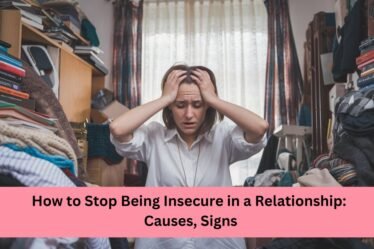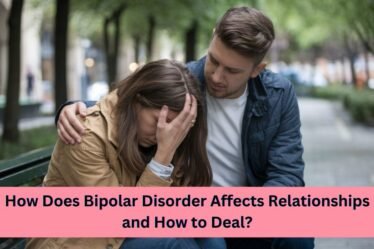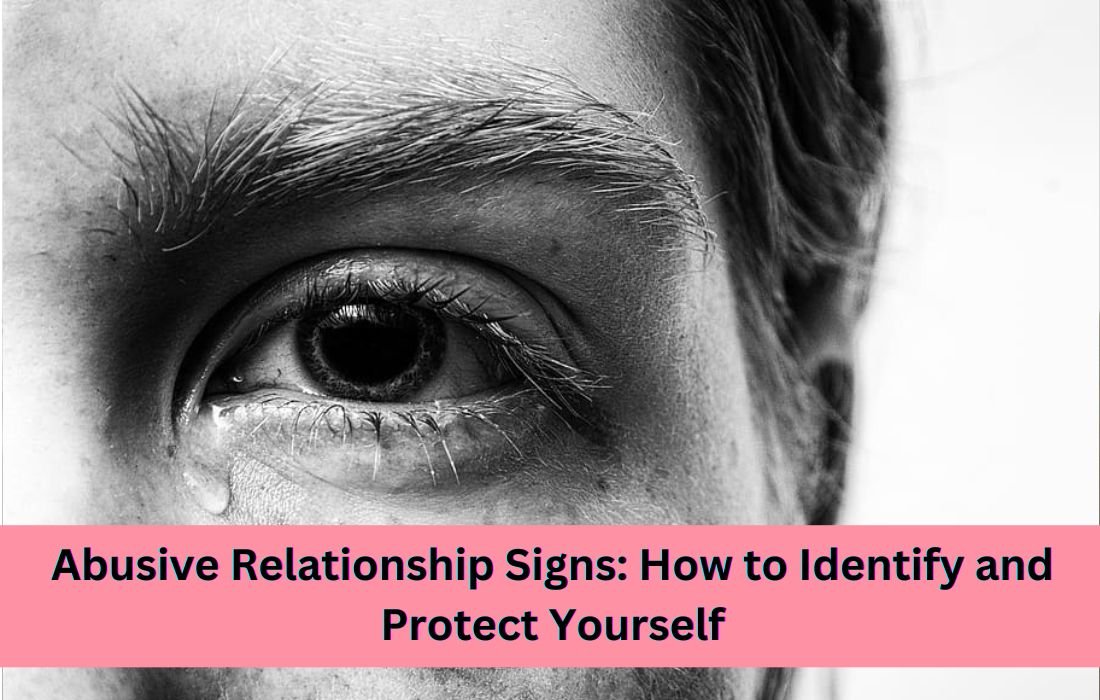
Many couples end up in emotionally abusive relationships unknowingly. They think it’s love and, take signs of abusive relationship for granted. Consequently, we break the relationship and that hurts both partners.
When we declare our love, anger, or frustration, respect should shine in the words and not abuses.
If it’s the accepted language, why not we use it everywhere, including around parents, friends, and even people? If we can’t, then it’s not acceptable.
When your partner abuses you or even insults your family, especially your parents, then that means something goes wrong.
So, what are the signs of an abusive relationship and why would people brush them off?
Let’s go into it and understand why this happens?
What is abusive relationship?
An abusive relationship is about an attempt to control, hurt, or manipulate the other person, either emotionally, physically, or mentally.

Abuse can creep up slowly and push you in the dark, so it’s hard to recognize at the beginning.
But if you feel disrespected, belittled, or simply unsafe, then you know this is not all right and should seek help.
A healthy relationship is founded on trust, respect, and support—not on control and fear.
Types of abuse
1. Physical abuse
Physical Abuse is probably one that is visible to people. It involves hitting, slapping, kicking, or any form of physical harm.
The simple manifestations of physical abuse when inflicted on a person are normal bruises, cuts, or even broken bones.
These kinds of injuries are due to punishment, force, or an act of violence.

If a severe case of physical abuse victimizes you, do not wait for it to get worse. Let go and act.
For instance, explain your situation to someone you trust, seek help from the counselor or reach out to a support hotline.
You must deserve to be safe in your relationship, therefore tackling the problem head-on is one step towards protection.
2. Emotional abuse
There is a perception that emotional abuse is the most frequent form of relationship abuse but unfortunately, it’s a one of the most devastating.
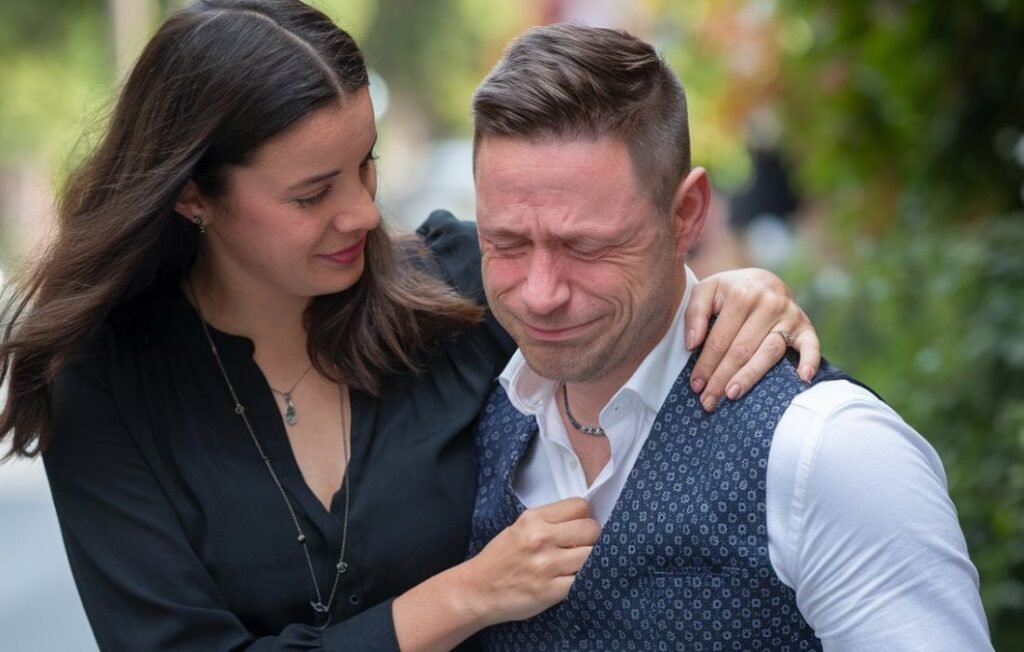
If you continuously hearing statements of this kind will highly hurt your self-esteem like “You are worthless,” “You can’t do anything right,” or “You’re not good enough.”
These words make you anxious, depressed, and unconfident in your own skin.
Even though it does not leave any physical scar on you, emotional and verbal abuse will etch marks in your psyche for life.
3. Sexual abuse
Sexual abuse in a relationship is forcing you for sexual activities that you do not want to join in.
If you are being forced and feeling uncomfortable about what goes around in your relationship, always make yourself speak out.

No one should make you feel like your boundaries don’t count.
Always put your feelings first and your comfort.
4. Financial abuse
If your partner:
- Does not give you money for things you need
- Controls all finances and does not allow you input into how they are spent
- Forces you to ask him for money every time you need it
- Or demands dowry, which means he asks you for money or gifts from your family.
Then this is financial abuse.

Financial independence is very important and when it’s being restricted; then, it’s high time to recognize this as abuse and took some help for yourself.
5. Cultural abuse
Cultural abuse is when one partner belittles the other person’s culture.
In various ways, this may include negative comments made on a person’s attire, food that they eat, or the methods they use to celebrate festivals, among others.

Additionally, it includes comments on their family traditions or religious practices.
For example, if one partner comments about something such as, “Why are you wearing that? That’s so stupid.”.
However, in a healthy relationship, both parties respect and accept each other’s cultural differences.
Warning signs of abusive relationship
One thing you need to learn these days is recognizing the warning signs of an abusive relationship. It will be very important for your protection and safety as well.
Love often blinds people with red flags, so it is really challenging to look at the truth behind all that.
Let’s take a closer look at what to watch out for.
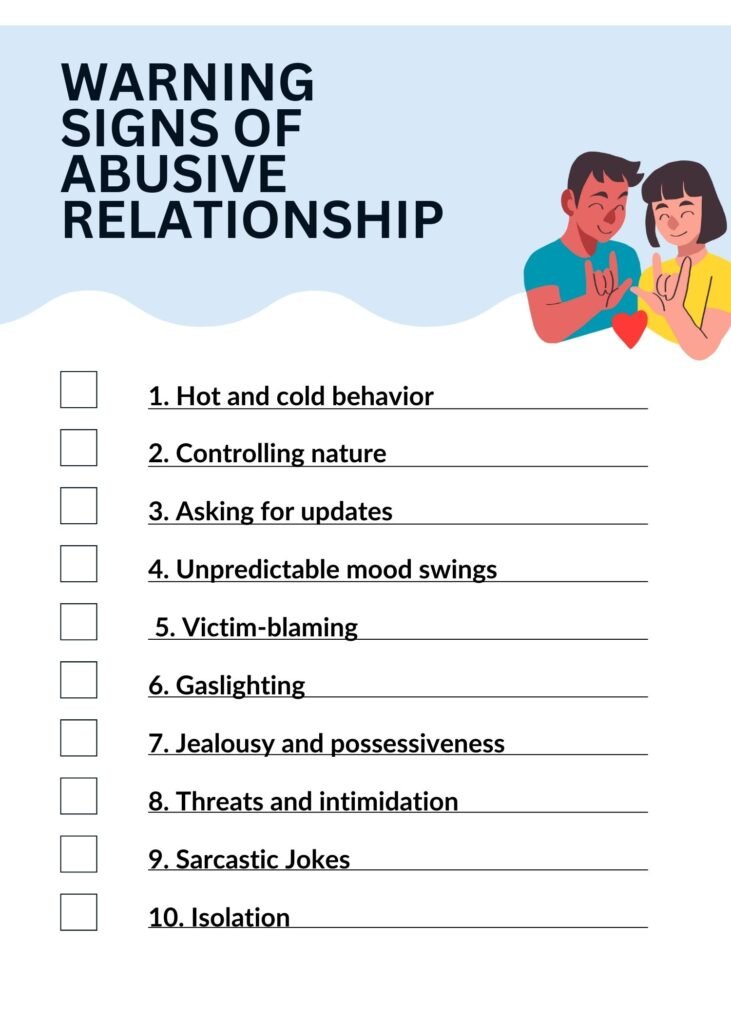
1. Hot and cold behavior
You need to know this: that if one day your partner is good and loving with you, and another day they are strict and cold with you; then that is emotional abuse.
Their behavior is not your fault, and you do not deserve this kind of treatment.
You deserve a relationship in which love and care are constant, not a surprise when you need it the least.
2. Controlling nature
Now, if your partner has control over all about the wear, a purchase, or even with whom you spend time, this is surely not a healthy relationship.
As time passes on, you start feeling strangled and miserable in the relationship.
No one should have the authority over your life.
3. Asking for updates
You are asked constantly, where you are going; what you are doing; who you are with, where you are.
However, this is not a healthy sign because it presents a want for constant updates, and in fact, it’s a lack of trust.
Ask yourself if this kind of relationship is giving you the kind of space and respect you need.
4. Unpredictable mood swings
Unpredictability is the hardest part-you never knew when your partner was going to switch from one personality to another.
An abuser may be loving and caring one minute, but then bolt right back into anger or coldness without warning. That flip-flop can be quite completely out of the blue.
Often, they will credit their behavior to some excuse and even try to shift the blame to you for how they feel: “It’s your fault I am upset” or “You make me act this way.”
Sometimes, mood swings bring about the feeling of inferiority – that something is wrong with you.
Abusers use mood swings as a tool of manipulation and control in which you’ll tend to doubt your thoughts and emotions.
5. Victim-blaming
Abusers blames you for their wrong actions instead of taking the responsibility for their offenses, they blame the victim.
For instance, abusers usually say, “You made me do this” or “This wouldn’t have happened if you didn’t react that way.”
These bad words make you keep questioning yourself as if you are at fault for their wrongdoings. It is an unfair trick that will keep you lost and feeling guilty.
6. Gaslighting
Gaslighting is emotional abuse. One partner tries to control or dominate the other.
The person gaslighting may often tell you things like, “It never happened” or “You’re just imagining things,” when you are certain it did happen.
You are pretty sure about something that happened; however, your partner tells you otherwise and makes you believe that you are overreacting.
And one day after another, you start to feel that perhaps you committed some mistakes.
Sometimes, abuser lies or change the conversation in subtle ways so that your self-confidence gets gnawed away.
In the final analysis, gaslighting is controlled by getting you to lose trust in yourself.
And if you ever find yourself persistently questioning reality because of what your partner is saying, then this is never normal.
7. Jealousy and possessiveness
Normally, when we feel jealous, it’s because we fear losing someone and it’s natural.
But you are too jealous will definitely lead to conflicts and mistrust.
On the other hand, possessiveness is keeping constant watch over your partner.
Jealousy and possessiveness are really two expressions of insecurity in the subconscious, and if not checked, they become destructive in a relationship.
Always be open and frank with your partner. Explain to them why you get jealous or what makes you possessive.
8. Threats and intimidation
Your partner uses fear to intimidate or manipulate the other person.
For instance, your partner tells you they’re going away if you fail to do whatever it is they want you to do.
They make you helpless or behave as though you’ve lost control of your life.
Intimidation is not a direct threat, even though threats could be portrayed in many other ways, such as through angry stares, intimidating gestures or an awfully loud harsh tone that may frighten you.
Absolutely no one must have to feel fear or threats while sitting in a room with their partner.
9. Sarcastic Jokes
Sarcastic jokes are, of course, a form of emotional abuse, especially when used to put you down.
For instance, you have a fat body so instead of encouraging you to lose weight your partner tease you in front of friends and family.
As a result, you become self-conscious about yourself, and slowly but surely, your self-esteem takes a knock.
The problem with emotional abuse is that it does not leave any marks like a physical abuse would, yet the damage in your mind.
10. Isolation
Isolation is probably one of the most insidiously manipulative ways of control that abusers have over their partner.
They isolate you from your families and friends. Over the years, you slowly lose that support system as time goes by.
They say things like, “Your friends really don’t love you,” or “Your family is against us,” in short, they sow seeds of doubt.
Eventually, they will be the ones who makes you believe that being with them is your only choice.
Isolation is not only physical but also emotional.
The abuser stages the situation as you eventually become so dependent on them for everything.
How to protect yourself from abusive relationship?
Once you are able to recognize signs of abusive relationship early, you will be in a position to protect yourself very effectively.
Let’s deep dive into some practical ways of keeping you safe and empowered.
1.Self-care responsibility:
There are a lot of things you cannot expect from your partner in the relationship.
For instance, a girl who had gone through a pretty horrible breakup because her boyfriend was too controlling.
He always controls every action of her.

It wasn’t a big deal for her at the beginning, but when passed some period of time, she felt isolated, unhappy, and had to begin searching for an exit.
Exactly how important it is to identify controlling behaviors early on.
If one partner limits the freedom of the other, then that is an unhealthy relationship.
So, in the final analysis, self-care and personal growth are what can lead to an even more balanced, fulfilling life-in or out of a relationship.
2. Identify what makes you happy
Just start paying attention, to the things that bring you joy and peace.
For example, read a good book, be with people who make you feel loved, or even a quiet walk in nature.
Finally, there is self-care: that soft bath, those moments of meditation, or some special treat.

These small and quiet acts remind you that you matter.
Focus on things that bring joy while slowly moving away from sources of stress or anxiety will make you feel more centered and satisfied.
3. Set boundaries
The person who is abusive, you let them know that their actions are hurtful and will no longer be tolerated.
For instance, if your partner always tries to tell you what to wear, you can quietly but firmly speak up, saying, “You cannot dictate how I dress. I have the right to do my will.”

In this way you explain to them that you are not going to be controlled.
Another thing: You have to be firm when you set such boundaries.
4. Reach out to Counceller or therapist
Seeking help is one of the main steps necessary for a survivor of an abusive relationship.
For example, a counselor or therapist offers you a space wherein you might open freely and say what’s going in your head without judgment.
They can clarify the situation to you, especially if you are literally confused and don’t know what to do with yourself.

At times, they’ll also send you to some local resources that specialize in helping people out of abusing situations-for instance, some shelter or support group.
Talking to an experienced person can bring clarity and support for taking action; so, do not shy away from advice.
Frequently asked questions
1. What are 6 behaviors that indicate emotional abuse?
Ans. Gaslighting, isolation, controlling behavior, unpredictability of mood, victim blaming, and sarcastic jokes are some of the important indicators of emotional abuse.
2. Which are the three main warning signs that someone may be an abuser?
Ans. Be aware of hot and cold behavior, controlling behavior and constant questioning of where you are – these signs of abusive relationship are very serious.
3. Do abusers know they’re abusive?
Ans. Most abusers are not aware of the fact that their respective conducts and behaviors hurt somebody.
How did you identify signs of an abusive relationship and get out of it? Share your experience in the comments.

